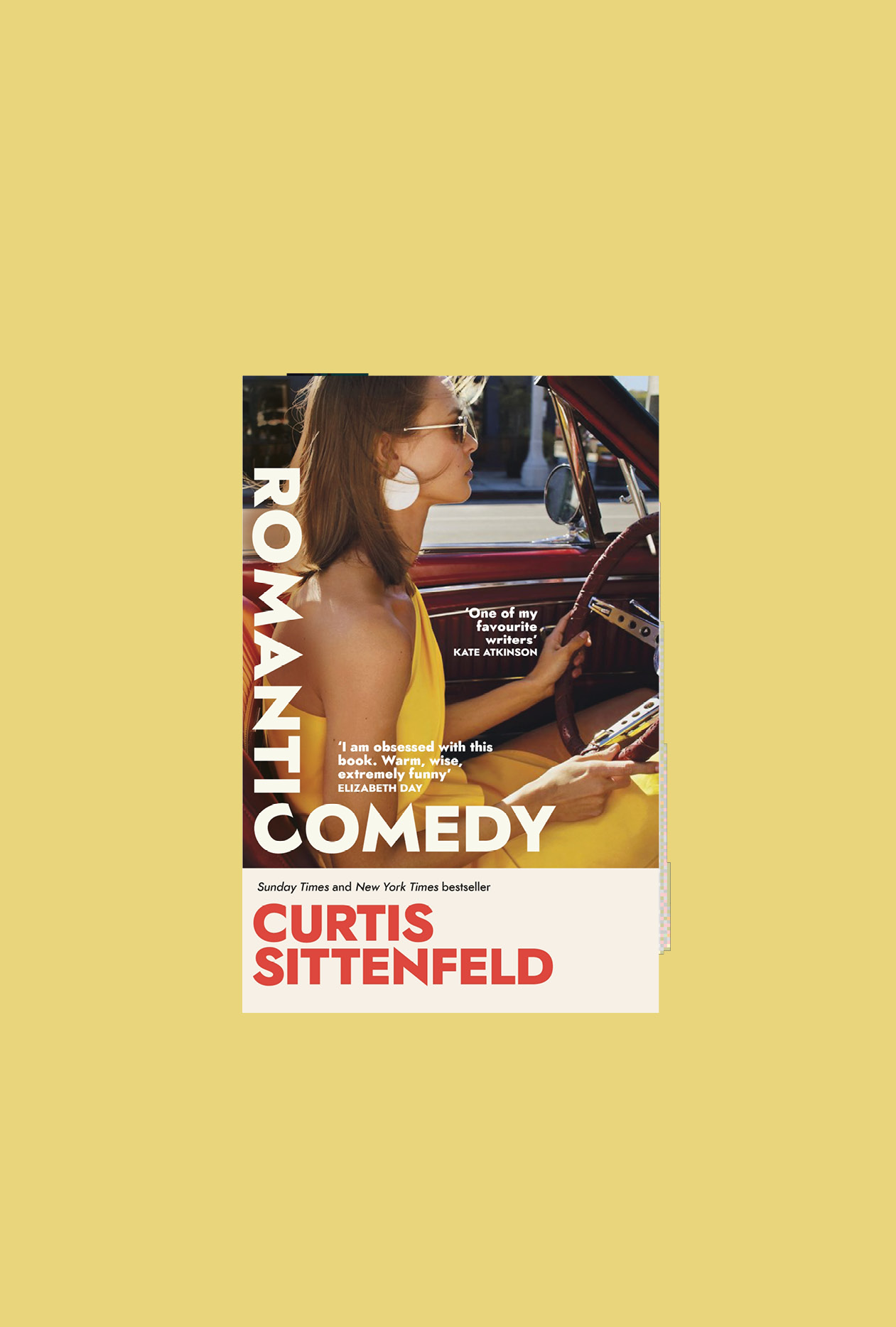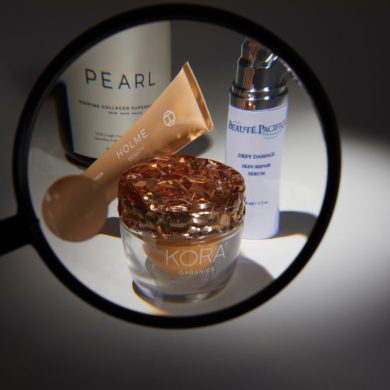The thing you need to know before picking up this book is that you’re going to look like an idiot while you read it. That’s because, like all of Curtis Sittenfeld’s books, there’s going to be a smile that stretches from one ear to the other whenever you’re reading it.
It’s going to feel like a guilty pleasure, but you will remind yourself often how it’s also an intellectual novel, how Sittenfeld has that charming ability to blend astute observations on relationships with the most delectable storytelling.
Those who read Rodham, Sittenfeld’s previous novel, will remember that scene with Bill Clinton playing the saxophone and know what I’m talking about. You’re smiling now, aren’t you? Rest assured, Sittenfeld demands no such imagining of American politicians playing music in the nude in this, her seventh novel.
Indeed, there are no politicians in Romantic Comedy at all. Our heroine is Sally Milz, a 36-year-old divorced comedy writer and self-described “mild-mannered woman of average intelligence and attractiveness”. But don’t let her fool you, Sally’s tenacity for self-deprecation is equal to her brilliance and wit.
When it comes to love, apart from occasionally having sex with Gene – who she met on a dating app and who “if, on the plus side, wasn’t homicidal, wasn’t particularly cute, either” – you could say Sally had sworn it off altogether.
Instead, it’s her job at a Saturday Night Live-esque show that she is truly committed to. Sally writes “willfully raging sketches about sexism and bodily functions” and her most recent one pokes fun at a phenomenon she has witnessed in her workplace whereby extremely average-looking men find themselves in relationships with extremely famous and extremely non-average-looking women. The opposite scenario (ordinary looking women with very hot and famous men) doesn’t seem to exist. Or does it?
Enter Noah Brewster, a cheesily handsome singer-songwriter type, as famous for his music as he is for dating models in their early twenties. To offer some background: his magnum opus, the kind of song everyone accidentally knows all the words to, is entitled ‘Making Love in July’; he has a Celtic tattoo on his back; and he’s the kind of guy who unironically talks about love languages. When Noah spends a week on set as the guest star, it’s undeniable that he and Sally have a connection and this leaves Sally, well, a little confused.
“Why had this happened? How had I developed a consuming, imbalance-inducing crush on Noah fucking fake-surfer Making-Love-in-July Brewster?”
What follows is a fun and funny, tender and wise exploration of romance, cheesiness, love, vulnerability and intimacy. With the emotional acuity she is famous for, Sittenfeld asks serious questions (What is the dividing line between cheesiness and acceptable emotional extravagance? How does one feel deserving of love? Is true love simply finding someone to talk about everything with?) while telling a truly entertaining story.
What follows is a fun and funny, tender and wise exploration of romance, cheesiness, love, vulnerability and intimacy.
The cherry on top is the way Sittenfeld subverts the very genre she is contributing to. When asked what makes a romantic comedy non-condescending and ragingly feminist, Sally, who aspires to produce such a thing, offers:
“Mostly the quality of the writing. And related to that, the character development. When one of those movies doesn’t work, it’s usually because it’s horribly written and/or the script hasn’t done the work of convincing you the couple is attracted to each other, so then you don’t care if obstacles get in their way and keep them apart. Another of my pet peeves is that the female characters used to all be sort of cutesy, like having flour on their nose after they baked cookies and not knowing it. And now they’re all a mess, like waking up really hungover and getting fired. I want to create characters who aren’t flawless but also aren’t ridiculous or incompetent at life.”
If at times, the commitment-phobic and neurotic Sally does veer towards incompetence, Sittenfield’s sharp writing saves Romantic Comedy from being, yes, just another romantic comedy. It’s this masterfully crafted balance that makes the book so readable. It is self-aware and meta but somehow not annoying. It’s a parody of sorts and yet no part of the narrative is compromised on account of this. It’s fun (so fun) but not frivolous. And if your reading experience is anything like mine, it will make you question why you don’t exclusively read from the rom-com genre.












No Comments